 https://steponecharity.co.uk/wp-content/uploads/2025/09/Website-News-Headers-2024-1.png
355
700
Isaac Mann
https://steponecharity.co.uk/wp-content/uploads/2024/02/step-one-wellbeing.svg
Isaac Mann2025-09-12 09:52:112025-09-12 09:52:11Walking for a Cause: The Journey Behind the 300,000 Steps
https://steponecharity.co.uk/wp-content/uploads/2025/09/Website-News-Headers-2024-1.png
355
700
Isaac Mann
https://steponecharity.co.uk/wp-content/uploads/2024/02/step-one-wellbeing.svg
Isaac Mann2025-09-12 09:52:112025-09-12 09:52:11Walking for a Cause: The Journey Behind the 300,000 StepsThe relationship between our diet and our mental health is complex. What we eat and drink affects how we feel, think and behave.
There is no specific diet to treat depression but eating more of some foods and less or none of others can help manage your symptoms by improving your mood, giving you more energy and helping you to think more clearly.
Studies have found that healthy eating patterns, such as the Mediterranean diet (lots of veggies, seafood and herbs), are associated with better mental health than “unhealthy” eating patterns, such as the Western diet (processed meat, pre-packaged foods, high fat and dairy products).
The key to a healthy diet is to eat the right amount of calories for how active you are so you balance the energy you consume with the energy you use. You should eat a wide range of foods to make sure you’re getting a balanced diet and your body is receiving all the nutrients it needs.
Tips for Healthier Eating and Better Mental Health
These are just a few tips you should focus on to boost your physical wellbeing and mental health with food:
1. Base your meals on higher fibre starchy carbohydrates:
This includes; brown rice and starchy, quinoa, millet, beets and sweet potatoes.
2. Eat lots of fruit and vegetables:
It’s recommended that you eat at least 5 portions of a variety of fruit and veg every day. They can be fresh, frozen, canned, dried or juiced.
3. Eat lean proteins such as chicken, meat, fish, eggs, soybeans, nuts and seeds:
Protein supports a healthy metabolism in a number of fashions, including by providing of B vitamins and stimulating muscle growth.
4. Cut down on saturated fat and sugar:
There are 2 main types of fat: saturated and unsaturated. Too much saturated fat can increase the amount of cholesterol in the blood, which increases your risk of developing heart disease. On average, men should have no more than 30g of saturated fat a day. On average, women should have no more than 20g of saturated fat a day. Regularly consuming foods and drinks high in sugar increases your risk of obesity and tooth decay.
5. Eat less salt, no more than 6g a day for adults:
Eating too much salt can raise your blood pressure. People with high blood pressure are more likely to develop heart disease or have a stroke.
6. Stay hydrated:
You need to drink plenty of fluids to stop you getting dehydrated. The government recommends drinking 6 to 8 glasses every day. This is in addition to the fluid you get from the food you eat. All non-alcoholic drinks count, but water, lower fat milk and lower sugar drinks, including tea and coffee, are healthier choices.
7. Don’t skip breakfast!
Some people skip breakfast because they think it’ll help them lose weight. But a healthy breakfast high in fibre and low in fat, sugar and salt can form part of a balanced diet, and can help you get the nutrients you need for good health. So, eat your brekkie! It’s important to get the day off to a good start.
If you’re stuck on how to achieve a healthy diet, the NHS website has more information in their Eatwell Guide.
You can also check out our free online Food & Mood Workshop where you can learn new skills and gain knowledge about what we are putting in our bodies and how it can affect our mental health.

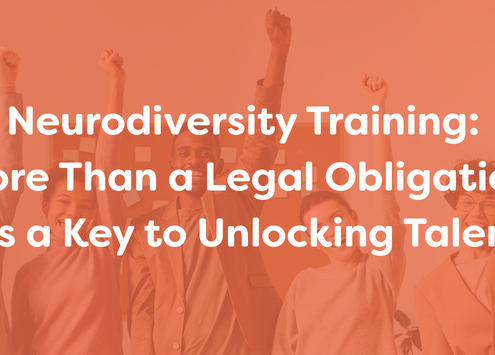
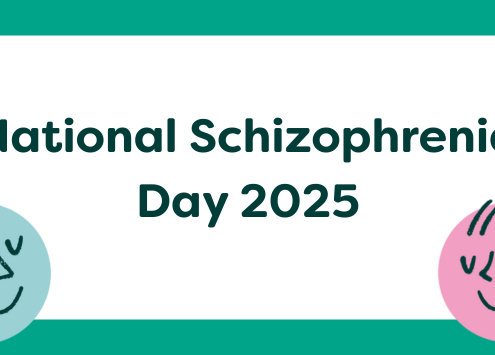
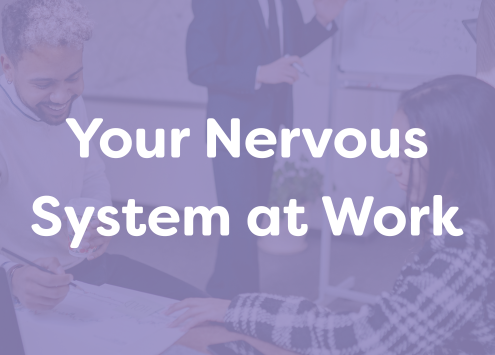
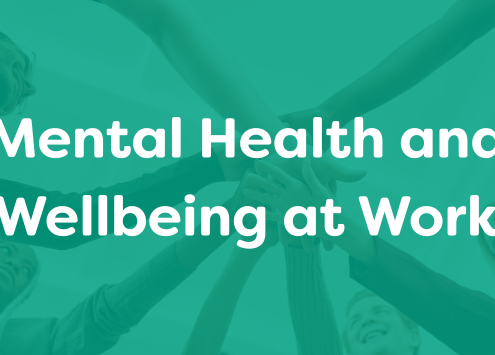


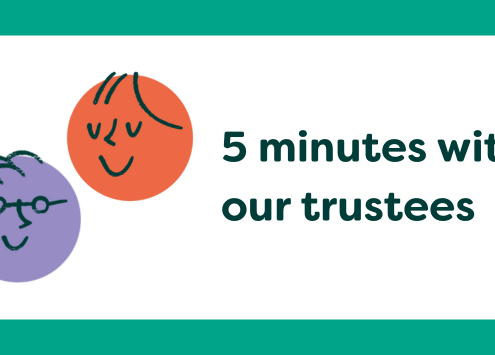
![Graphic with quote reading: “You met me at one of the most difficult times and seeing the difference you’ve made is amazing [...] Please keep doing what you do. You change lives.”](https://steponecharity.co.uk/wp-content/uploads/2025/04/Website-News-Headers-2024-33-495x355.png)

